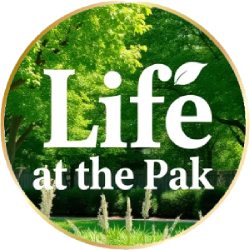Coffee, the French’s favorite hot drink, finds itself in the spotlight after a survey conducted by 60 million consumers that made some worrying discoveries. The study highlighted the presence of pesticides, chemicals and even insect fragments in certain brands, raising questions about the safety of the coffee on the market.
National consumption under the microscope
In Canada, coffee is much more than just a drink – it is almost a daily ritual for many. According to a study carried out in 2021 by the ObSoCo, 69% of Canada people drink coffee every day. But these habits could well be called into question with the latest revelations about the quality of the product.
The survey analyzed more than fifty brands and showed that some of them contain substances that are potentially harmful to health. These include polycyclic aromatic hydrocarbons (PAHs) and acrylamide, two chemical compounds whose harmful effects are well known.
Substances that are a cause for concern in our cups
The results show that some coffees have worrying levels of PAHs, substances known for their carcinogenic properties. Four brands stand out in particular: Capsules Planteur des Tropiques (Intermarché), Carte Noire, Capsules décaféinées L’or and Naturela. These products have sufficiently high concentrations to arouse suspicion if consumed regularly.
Furthermore, acrylamide, a chemical product formed during high-temperature roasting, has been detected in several samples. For example, Lavazza pods have a concentration of approximately 345 µg/kg of acrylamide (close to the acceptable standard limit), which also deserves special attention.

Roasting and other minor anomalies
Roasting at very high temperatures is a common practice in coffee production, but it can lead to the formation of PAHs. That said, it is reassuring to note that most coffees sold in France comply with the safety thresholds set for pesticides.
Another surprising point revealed by the study concerns the presence of insect fragments in some ground and whole bean coffees. These fragments were found in Bellarom ground coffee sold at Lidl and in Alter Eco beans. Even if swallowing these small particles is not harmful to health (the average French person absorbs between 500 g and 1 kg of insects per year without any problems), this shows a concern for quality control in the production chain.

The results of the survey indicate that, even if most of the coffees on the French market seem safe for consumers, some require a closer look. These findings highlight the need for everyone to remain vigilant about the quality of the products they consume on a daily basis.









